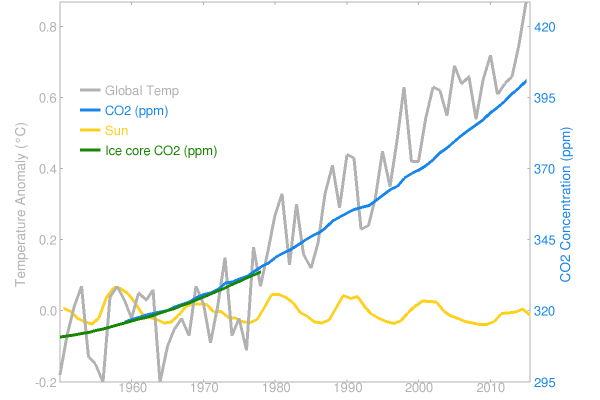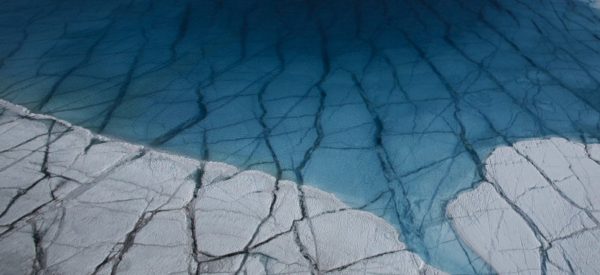The Norwegian Meteorological institute has celebrated its 150th anniversary this year. It was founded to provide weather data and tentative warnings to farmers, sailors, and fishermen. The inception of Norwegian climatology in the mid-1800s started with studies of geographical climatic variations to adapt important infrastructure to the ambient climate. The purpose of the meteorology and climatology was to protect lives and properties.
[Read more…] about Climatology and meteorology are your friends

